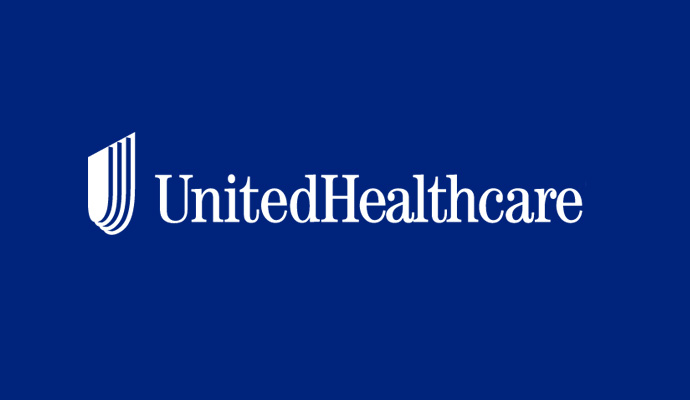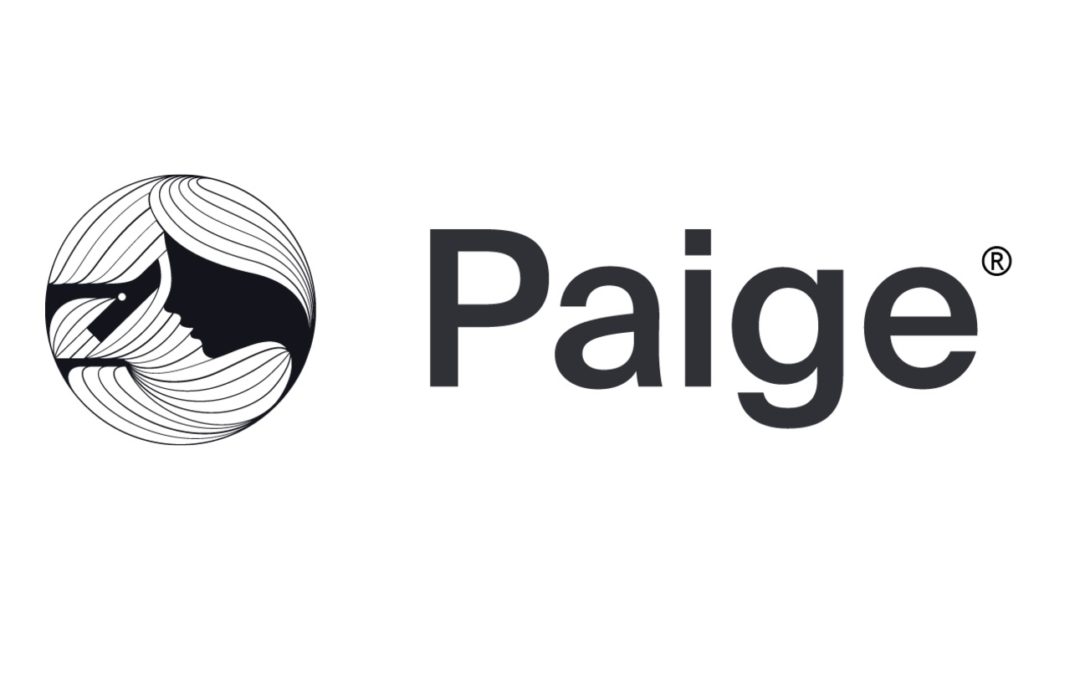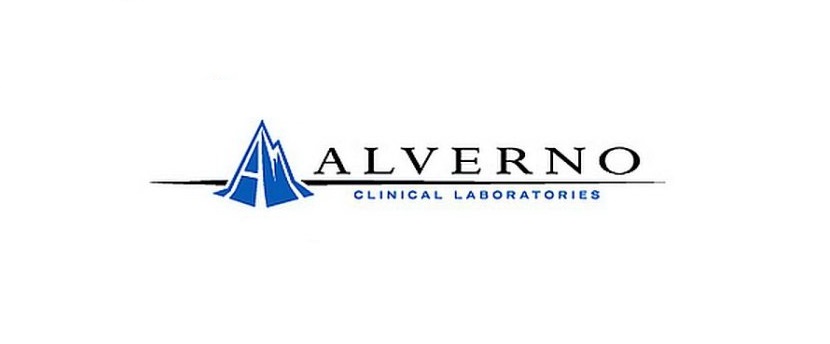Paige (New York, NY) was founded by pathologists and scientists from Memorial Sloan Kettering Cancer Center in 2017. Paige develops artificial
intelligence (AI)-based systems that help diagnose cancer. In early 2019, the
company hired Leo Grady, PhD, as Chief Executive Officer and Board member. He had previously been Senior Vice President of Engineering at HeartFlow (Redwood City, CA), where he led development efforts for HeartFlow’s 3D modeling software for coronary artery disease. He received a B.S. degree in Electrical Engineering at the University of Vermont and a PhD in Cognitive and Neural Systems from Boston University. Below is a summary of Laboratory Economics’ interview with Dr. Grady in late June.
Who founded Paige?
The intellectual property related to the AI-based computational pathology used by Paige was initially developed by Thomas Fuchs, PhD, while he was Director of Computational Pathology at The Warren Alpert Center for Digital and Computational Pathology at Memorial Sloan Kettering (MSK). Fuchs co-founded Paige with David Klimstra, MD, Chairman of the Department of Pathology at MSK, in 2017. Fuchs is Chief Scientific Officer at Paige. Klimstra will become our Chief Medical Officer effective August 1.
Paige currently has more than 100 employees, mostly in the United States, with a small, but growing, presence in the United Kingdom and Europe.
Where did Paige get the annotated pathology slides needed to develop its AI algorithms?
As part of spin-out from MSK, Paige signed a comprehensive license agreement, giving it exclusive access to the hospital’s archive of 25 million annotated pathology slides and its intellectual property in computational pathology. To date, Paige has digitized more than five million slides from the MSK archive.
How much capital has Paige raised?
We’ve raised a total of $220 million to date, including $125 million raised in January from a series C financing led by Casdin Capital, Johnson & Johnson Innovation (JJDC) and KKR. Paige’s largest shareholders also include MSK, Breyer Capital, Goldman Sachs and Healthcare Venture Partners.
Where do Paige’s software programs stand with the FDA?
In early 2019, Paige received an FDA breakthrough designation for its software program for the automated detection of cancer in prostate biopsies. FDA clearance is expected to start with prostate cancer and then expand to additional cancers. In addition, in December 2020, the company obtained two CE marks for software aimed at breast and prostate cancers, including the ability to rate tumor samples, deliver a prognosis and guide treatment planning. Finally, Paige’s digital pathology image viewer, FullFocus, received FDA clearance in July 2020. The clearance allows for use of FullFocus with the FDA-authorized Philips Ultra Fast Scanner and paves the way for use with additional scanners in the future.
How accurate are Paige’s AI-based software programs?
A study recently published in the Journal of Pathology showed that Paige Prostate had 100% sensitivity and 100% negative predictive value (NPV) at the patient level when analyzing 661 prostate needle biopsy slides from 100 consecutive patients in a real-world setting.
The study took place at Grupo Oncoclinicas (São Paulo, Brazil), which is the largest private provider of cancer care in Latin America and was the first institution in the world to fully deploy Paige digital and computational pathology products for routine use. (See Independent Real-World Application of a Clinical-Grade Automated Prostate Cancer Detection System, Journal of Pathology, June 2021.)
How about pathologist productivity gains?
For the Grupo Oncoclinicas study, Paige Prostate generated binary predictions, benign or suspicious for cancer. A benign prediction prompted no further action by a pathologist, whereas a classification of suspicious would prompt pathologist review and/or additional IHC to confirm the presence of a malignancy. Given its high sensitivity and NPV, and specificity
of 0.78, Paige Prostate showed the potential to be used as a screening tool that flags suspicious slides needing pathologist review. Given that roughly 80% of prostate biopsy slides are negative, screening with AI could provide huge gains in pathologist productivity. Ultimately, the medical community will decide how best to use AI.
Won’t digitizing slides and performing AI analysis disrupt workflow and slow turnaround?
The Grupo Oncoclinicas study showed that Paige Prostate could improve efficiency by an estimated 65.5%. The use of AI allowed the pathologists to focus their microscope time on those slides most likely to contain cancer. It can also save time by identifying specimen samples requiring recuts and/or additional staining prior to being viewed by a pathologist.
Will AI products like Paige Prostate speed the transition to digital pathology?
The adoption of digital pathology to date has moved very slowly. We estimate that only 5% of pathology slides in the U.S. are currently being digitized. Return on investment (ROI) has been the biggest obstacle. The transition to digital pathology requires significant investment in terms
of capital expense, workflow changes, floor space, and image storage. Without added reimbursement, it’s hard to make a business case for digitizing slides. However, AI-based tools that raise pathologist productivity provide an ROI for going digital.
Why is Europe ahead of the United States in terms of digital pathology adoption?
The regulatory process for digital pathology in Europe was quicker and there is a greater shortage of pathologists. Even so, the majority of pathology cases in Europe are still interpreted using traditional light microscopes.
Paige recently announced some contracts with big commercial pathology labs.
Yes. Under our new agreement with Quest Diagnostics, Paige’s proprietary AI tools will analyze digitized slides from Quest and its AmeriPath and Dermpath businesses to develop new software products for diagnosing cancer and other diseases. The collaboration will initially focus on solid tumor cancers, such as prostate, breast, colorectal and lung. Assuming regulatory clearance, Quest plans to use approved software products in its pathology operations.
In the near term, the collaboration also intends to license the insights to biopharmaceutical and research organizations to aid biomarker discovery, drug research and development and companion diagnostics.
Separately, Inform Diagnostics (Irving, TX) has agreed to immediately start using Paige’s FullFocus digital pathology viewer as well as our data management system for storing digital pathology slides.
How will the role of pathologists evolve over the next 5-10 years?
I expect there’ll be less microscopy-based work in a more distributed model. But the role and visibility of pathologists may get elevated due to digital pathology and AI. Digital pathology images allow pathologists to communicate more visually with ordering physicians, while AI will increase their diagnostic accuracy thereby providing more value to physicians and patients.




